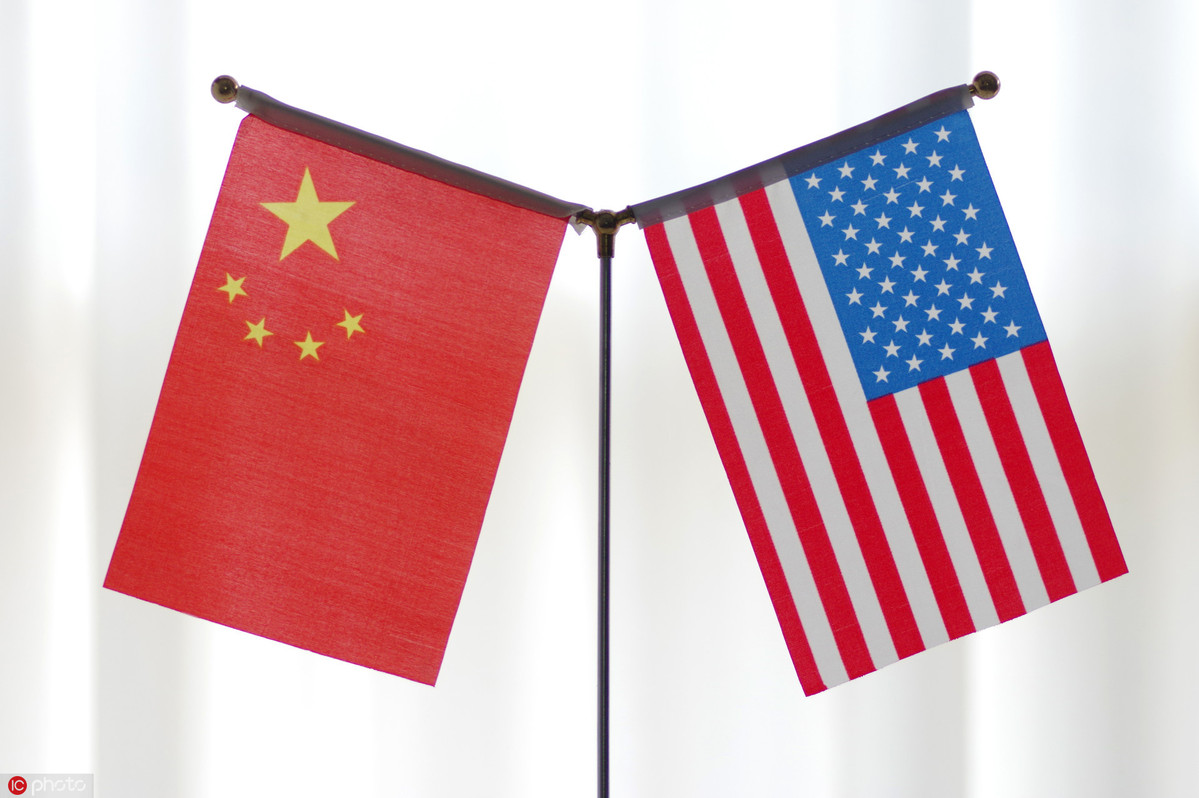US would benefit from taking less-is-more approach to talks: China Daily editorial
chinadaily.com.cn | Updated: 2019-10-10 21:03

Reports suggesting Vice-Premier Liu He, head of the Chinese delegation to the ongoing trade talks with the United States on Thursday and Friday, will leave Washington earlier than planned have fueled pessimism over the outcome of the negotiations. This shows how eagerly the world awaits the two largest economies laying their frictions to rest.
Although the White House on Wednesday said it had no knowledge of Liu departing ahead of schedule, the pessimism is still justified.
Given Washington's relentless interference in China's internal affairs in Xinjiang, Hong Kong and Taiwan, Beijing has enough reasons to believe that Washington is not engaging in the talks in the spirit of give and take but rather in the hope that its pressure will squeeze out some forced concessions.
With this in mind, it should not be forgotten that this round of talks finishes just three days before Washington is due to impose harsh new tariffs on $250 billion worth of Chinese imports, which the US president delayed in late September for two weeks to accommodate China's National Day holiday, leaving the discussions this week the only window of opportunity for the two sides to put an end to the worsening deterioration in their relations.
If the talks once again end with zilch and the deadlock remains unbroken, the US tariffs will come into play, China will respond, and the trade war will further escalate, promising an arduous endurance test — for both economies. For as well as China's retaliatory measures, past practice shows the US economy will not be spared from the impact of its own tariffs as they will trigger a chain reaction of weakening exports, contracting manufacturing, falling investment, declining consumer spending, and finally large layoffs.
And Washington should appreciate by now, that no matter how much pressure it applies, Beijing will by no means surrender China's development path by giving in to the unreasonable broad deal Washington is so gun-boatedly trying to engineer.
A partial deal is a more feasible objective, and one that would be in the common interests of both sides. Not only would it be of tangible benefit by breaking the impasse, but it would also create badly needed breathing space for both sides to reflect on the bigger picture than who does what to please the other.
The US, which still has the initiative in its hands, should bear in mind that after 15 months its trade attack on China has not had the desired effects, and has only served to damage not only the two economies, but also the global economy as a whole. With 90 percent of economies now going through a "synchronized slowdown", the trade row is expected to shave nearly $700 billion from global growth next year, the International Monetary Fund warned this week.
If Washington refuses to accept that trade is not a winner-takes-all endeavor, it will lose a golden chance to put an end to its harmful game. For inspiration, it should look at the mini trade deal it agreed with Tokyo on Monday, as this was enabled by laying aside thorny issues to a later date. That would be a healthier and more productive way to resolve its differences with Beijing.
























